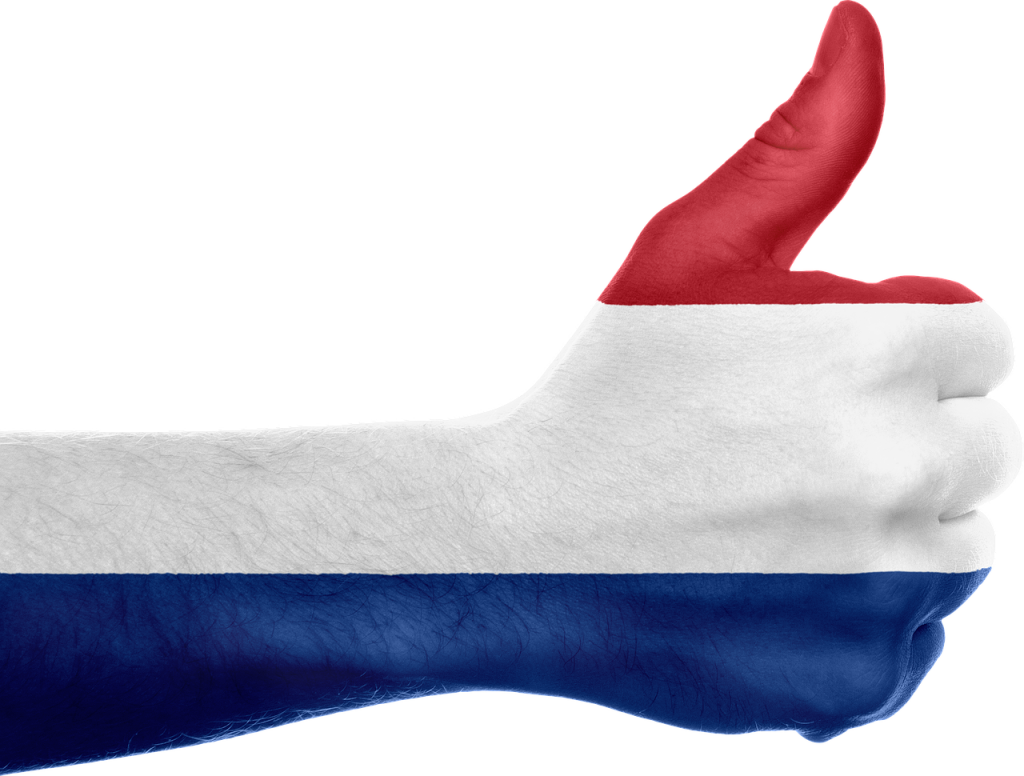complete(ly), full(y), entire(ly) [adverb/adjective] [vol-le-dig] ![]()
"Volledig" consists of two words: "vol" (meaning "full") and "ledig" (the old-fashioned word for "leeg" which means "empty"). So it seems to be a contradictio in terminis: what does it mean, full or empty? "Volledig" means full. A more often used synonym of "volledig" is "helemaal".
Related noun is "volledigheid": completeness, entirety.
Examples:
– "Dacht je dat ik jouw werk zou afmaken? Sorry, dat heb je volledig verkeerd begrepen!"
("Did you think that I would finish your work? I’m sorry, you completely misunderstood.")
– "Hij is volledig blut na zijn reis naar de casino’s in Macau."
("He is completely broke after his trip to the casinos in Macau.")
– "Heb je de volledige route naar van Amsterdam naar Santiago de Compostela gelopen?"
("Did you walk the entire way from Amsterdam to Santiago de Compostela?")
– "Voor de volledigheid zal ik de doelstellingen van het project nogmaals toelichten."
("For the sake of completeness I will explain the objectives of the project once more." Please note that "volledigheid" is often used in a formal setting.)
– "Haar vakantie was volledig verziekt door de aanslag in Mumbai."
("Her vacation was totally ruined because of the attack in Mumbai.")
– "Zoek je een gedeeltelijk of volledig gemeubileerd appartement?"
("Are you looking for a partly or fully furnished apartment?")
– "Deze auto is volledig uitgerust om door de bergen te rijden."
("This car is fully equipped to drive through the mountains.")
– "Maak je geen zorgen, je kunt hem volledig vertrouwen."
("Don’t worry, you can trust him completely.")
Related words:
– Volledigheid: completeness [noun] [de volledigheid, de volledigheden].
– Vol: full [adverb/adjective].
– Totaal: total [adverb/adjective].
– Heleboel: a (whole) lot, (quite) a lot, lots [noun] [de heleboel, <no plural>].
– Leeg: empty [adverb/adjective].


 “Dat komt goed uit” is literally translated as “that comes good out” 😉 The verb in the phrase is “uitkomen” which has several meanings, such as “to end up, to lead to, to come out, to be disclosed”. “Dat komt goed uit” is used when two events luckily coincide, making things easier for the people involved. Since it is often used as a reply to a proposition, people might add “me”: “dat komt me goed uit”, or “that suits me fine” or “that is very convenient for me”.
“Dat komt goed uit” is literally translated as “that comes good out” 😉 The verb in the phrase is “uitkomen” which has several meanings, such as “to end up, to lead to, to come out, to be disclosed”. “Dat komt goed uit” is used when two events luckily coincide, making things easier for the people involved. Since it is often used as a reply to a proposition, people might add “me”: “dat komt me goed uit”, or “that suits me fine” or “that is very convenient for me”.
